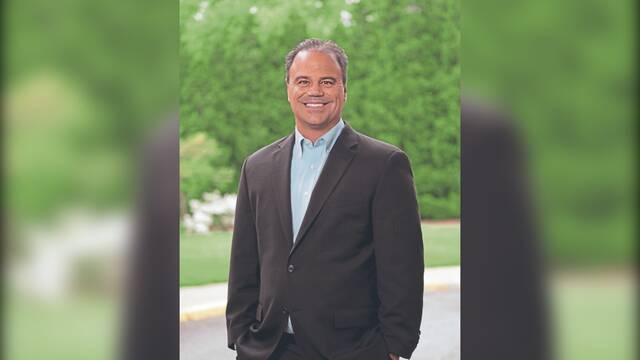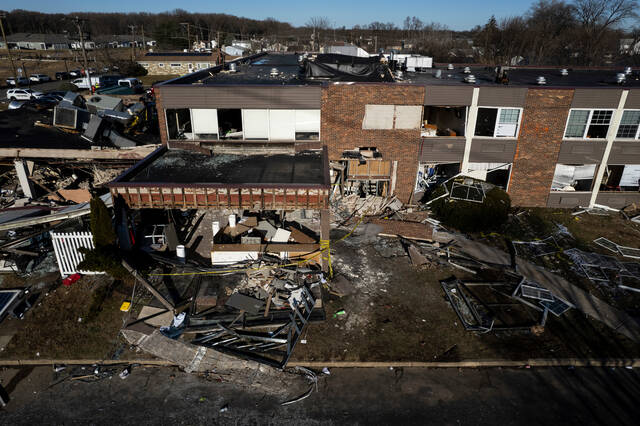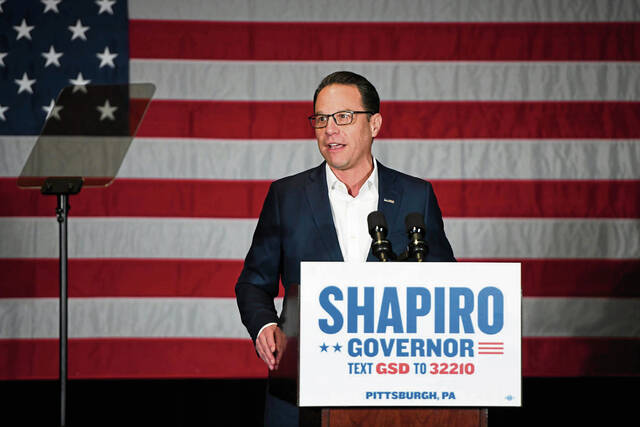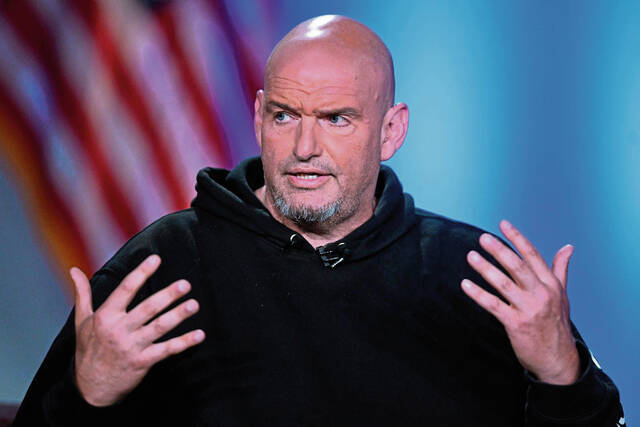On top of the fallout Penn State University experienced after a tumultuous Proud Boys appearance on campus last fall, now an individual rights group is labeling the university weak on free speech.
The Foundation for Individual Rights and Expression (FIRE) placed Penn State on its latest national “10 Worst Colleges for Free Speech” list. The university wound up on the list based on its handling of a controversial comedy event that was hosted by a student organization and featured Gavin McInnes, founder of the Proud Boys, a far-right group.
Penn State initially defended the Oct. 24 appearance amid criticism, but then cancelled the show as conditions outside the planned venue deteriorated on the evening of the event. Police — some on horseback — were called in to break up at least one fight and disperse protesters and counter protesters who had assembled in the area of the Thomas Building. One arrest was reported.
Penn State officials deemed the protests an unlawful disturbance. They also canceled McInnes’ event 40 minutes before it was scheduled to begin.
“Penn State’s decision to cancel Uncensored America’s comedy show due to detractors’ actions was a clear violation of students’ First Amendment rights and an unconstitutional capitulation to the heckler’s veto,” Sabrina Conza, a program officer for campus rights advocacy with FIRE, said in an email response Monday.
“The university’s defense of its actions — citing the threat of escalating violence, which video footage showed the university not appropriately addressing — shows that when it comes down to taking action to defend free expression, the university will run at the first sign of trouble,” she added.
Wyatt Dubois, a Penn State spokesman, said the school is fully committed to free speech as a fundamental value of higher education, and as a public university, it is “bound by the First Amendment to allow free expression on its campuses, regardless of the viewpoints being espoused, including those that we may find deeply offensive.
“However, when true threats or a risk of imminent violence or other criminal conduct that would endanger people or property are likely to occur, public institutions are permitted to cancel or reject events,” he added.
At the time, Penn State President Neeli Bendapudi defended the cancellation, citing potential violence. She called McInnes and another participant, Alex Stein, provocateurs and described their views as abhorrent, but she also faulted students and others whose protests became unruly.
“Tonight, the message too many people will walk away with is that one can manipulate people to generate free publicity, or that one can restrict speech by escalating protest to violence,” she said in a message to campus within hours of the disturbance.
Before the event, FIRE had praised the school’s initial decision to allow the appearance. It had “nobly weathered intense pressure to cancel the event,” said Alex Morey, the foundation’s director of campus rights advocacy.
The schools in the annual 10-Worst list are not ranked in specific order. Another campus in the state, the University of Pennsylvania, made the list because of what FIRE said was pressure on the law dean “to do something” about Amy Wax, a tenured professor who has made controversial comments about race and immigration.
Dean Ted Ruper initially denounced the remarks, but said they were protected and punishment would infringe on academic freedom, FIRE said. But Ruper reversed course and announced initiation of a faculty sanction process two weeks later on Jan. 18, 2022, FIRE added.
The move came amid pressure on campus for action, including a call to re-evaluate tenure to be more consistent with social equity principles, officials at FIRE said.
Schools in eight other states also appeared on the FIRE list, including Hamline University in St. Paul, Minn.; Collin College in McKinney, Texas; Texas A&M University in College Station; Emerson College in Boston; Emporia State University in Emporia, Kansas; Tennessee Tech University in Cookeville; the University of Oregon in Eugene; Loyola University New Orleans in Louisiana.
Georgetown University in Washington, D.C., also received FIRE’s Lifetime Censorship Award.








